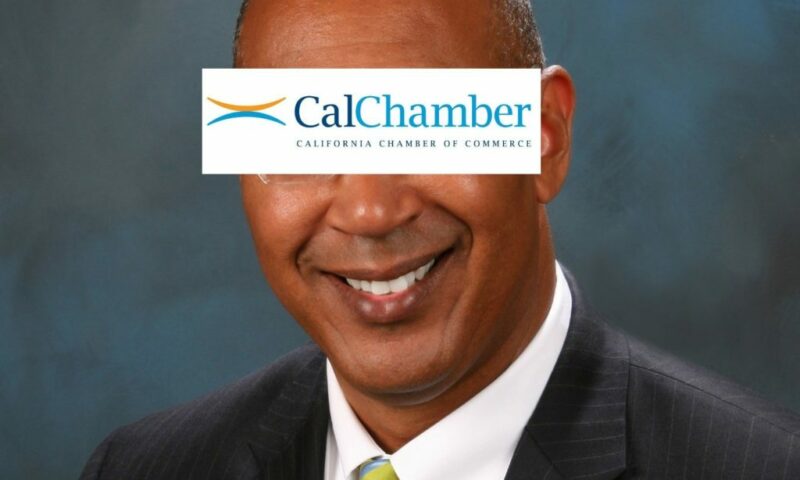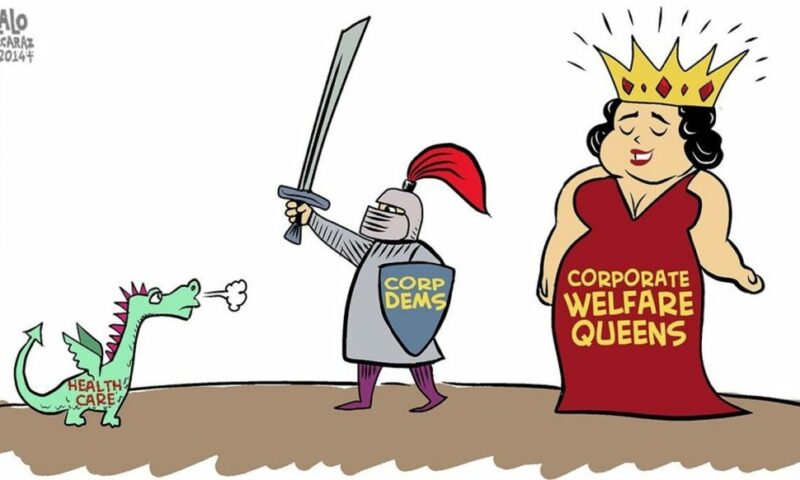

On Wednesday, Assemblymember Chris Holden (D-Pasadena) thwarted an effort to raise California’s minimum wage. By abstaining, he helped kill a proposal to raise the wage to $13 an hour in 2017.
Many of Holden’s constituents are wondering: Why? Is Holden one of those “corporate Democrats” that Pulitzer Prize-winning journalist Gary Cohn has recently exposed in eye-opening reports? Although Holden often supports pro-union bills, he typically looks to find pro-business compromises to secure his “yes” vote on labor-oriented legislation. His abstention on the minimum wage bill was a “big disappointment,” according to a key union activist in Sacramento.
Across the country, there’s a growing movement to address the nation’s widening economic inequality. One key part of this movement is the accelerating wave of cities and states seeking to raise the minimum wage. President Obama has proposed raising the federal minimum wage to $10.10 an hour.
This afternoon the California State Assembly passed Assembly Bill 1897, which would hold companies accountable for violations of workers’ rights committed by their labor suppliers. The bill, sponsored by Assemblymember Roger Hernandez (D-West Covina), passed 45-20.
Gary Cohn recently wrote about AB 1897 for Capital & Main, noting that passage could have national implications for temporary workers and income inequality. Capital & Main’s Bill Raden and Cohn previously investigated such worker abuses taking place at agribusiness giant Taylor Farms. Labor advocates supported the bill, noting that major corporations have used staffing companies to dodge responsibility for sub-standard working conditions. Meanwhile, more than 50 business groups opposed the bill.
» Read more about: Breaking: Assembly Passes Bill to Hold Companies Accountable for Abuse of Temps »


Unlike the Kelly Girls of years past, today’s temp workers are just as likely to be hired to fill blue collar jobs as office positions, with one major caveat: the new “temporary” hires who pick crops, pack vegetables or clean hotel rooms can work at those jobs for years at the same company — and with little or no advancement. And, according to recent research, that’s exactly the way some of America’s largest companies like it.
The practice has become so pervasive that California Assemblymember Roger Hernandez (D-West Covina) is pushing forward a bill, modeled on similar laws passed in Illinois and Massachusetts, intended to hold companies accountable for serious violations of workers’ rights committed by their own labor suppliers.
See feature story on temp-labor contracting at Taylor Farms
“As new jobs are added to the economy, employers are utilizing the subcontracted model known as ‘perma-temps’ to avoid accountability in the workplace,” Hernandez said last week.
» Read more about: Who’s the Boss? Proposed California Law Would Rein in Abuse of Temp Workers »


This week we continue our series about the shaping of California’s laws and policies by Corporate Democrats. In his second article, Pulitzer Prize-winning investigative reporter Gary Cohn examines how a bill does not become a law when powerful business interests lobby against it.
[divider]
Jim Araby was dead asleep when his cell phone rang at 6 a.m. last June. Until then the labor activist had been enjoying an idyllic family vacation in Guerneville, on Sonoma County’s Russian River. But the number appearing on his phone told him the call was from Sacramento, suggesting bad news. The voice he now heard confirmed it.
“Can you get here?” a union colleague asked. “We need you.”
Araby, a regional director of the United Food and Commercial Workers, listened in dismay as he learned that Assembly Bill 880, which more than half a dozen community groups and unions had supported,


When Californians elected Democratic supermajorities in the state Assembly and Senate in 2012, many expected to see a new era marked by progressive policies on everything from the economy to the environment to education. While some change has come, it’s not the kind most voters envisioned when they left the polling booth two years ago.
A central reason, as Pulitzer Prize-winning investigative reporter Gary Cohn reveals in this first article of a new series, is the emergence of the Corporate Democrat, who is not a traditional moderate but an enabler of big developers, gambling concerns, insurance companies and other interests. With the continuing decline of the Republican Party in the nation’s largest state, the Corporate Democrat promises to shape California politics and policies for years to come.[divider]
Marin County is one of California’s most liberal regions and, with its iconic redwoods and stunning coastline, it is also a power center for environmental activism.
» Read more about: In Plain Sight: The Rise of Corporate Democrats in California »